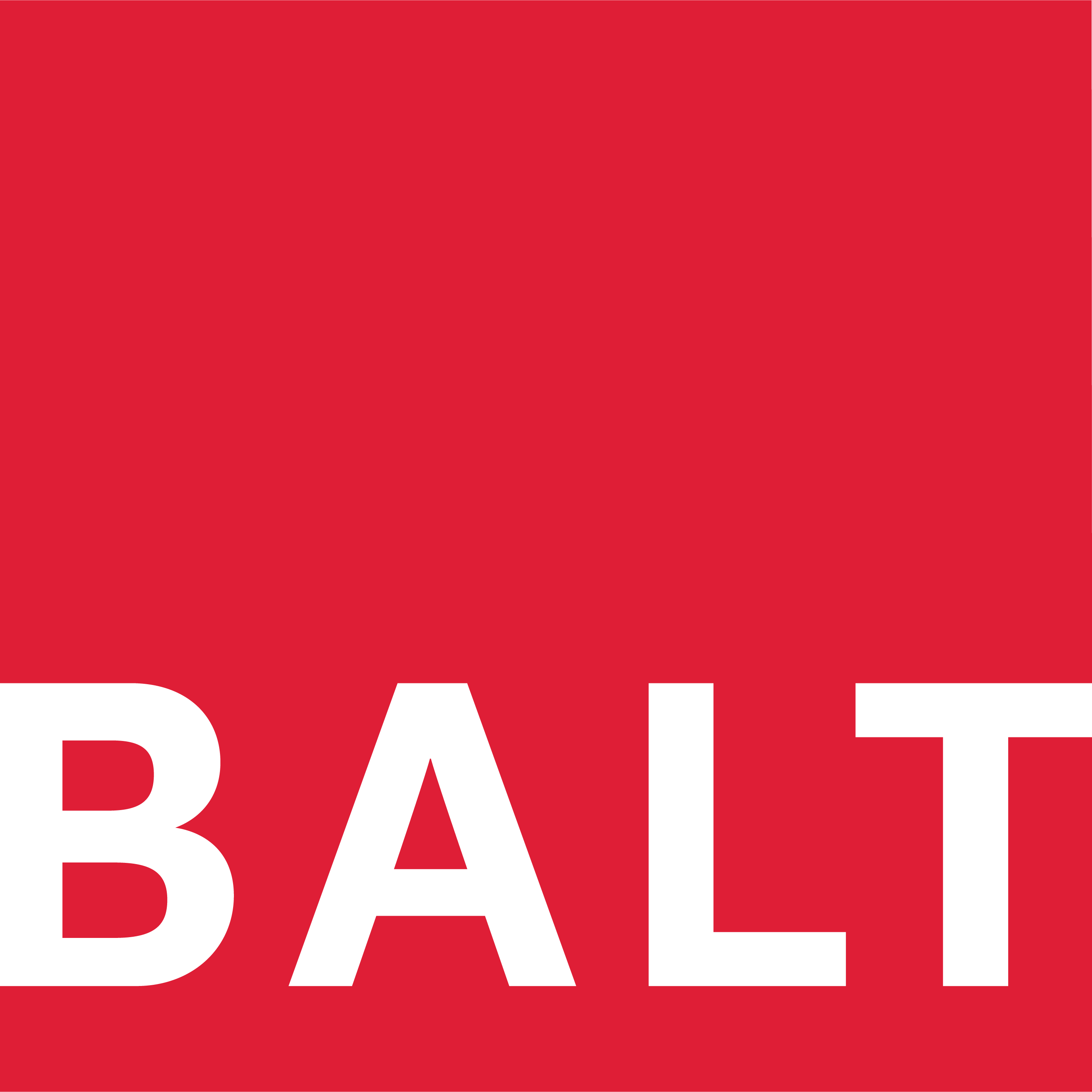Associate Members are training partners, local agencies and other service providers supporting the delivery of BALT Programs. Associate Members must meet established eligibility criteria and maintain compliance with quality standards and ethical guidelines.
Associate Members receive a range of benefits, including:
- BALT support to design and deliver approved action learning programs
- Permission to use BALT resources and deliver BALT Programs, under licence to BALT
- Ongoing training and mentoring from experienced action learning facilitators
- Access to international communities of practice and an academic librarian

Why should you become an action learning facilitator?
Action learning is not training or consulting. It doesn’t entirely replace either but it does have advantages over both.
Action learning complements conventional training and replaces a lot of what might otherwise be done by employing consultants. In that regard, it is more cost effective and gets better outcomes because the expertise stays with the organisation. Action learning provides an opportunity to use change as a vehicle for learning. Conversely, learning can be used as a tool for change.
When do we use training? When there is well established best practice amenable to programmed learning, for example: Welding, WHS Legislation, Regulatory requirements and licensing, etc.
When do we use consulting? When there is well established best practice and the development of internal expertise cannot be justified, for example: Legal services, accounting services, noise abatement, etc.
When do we use action learning? When we have a ‘wicked problem’, ie. High levels of uncertainty exist (we don’t know what we don’t know), high levels of collaboration are needed, and further learning and distributed leadership are required to resolve – the answer cannot simply come from management or an external consultant, it must come from within the organisation.
The solution usually has technical aspects but also organisational aspects, social aspects and economic aspects.
Consultants and trainers, who can offer action learning, open up their practice to a new way of working, with the potential for greater organisational development and measurable business outcomes.
